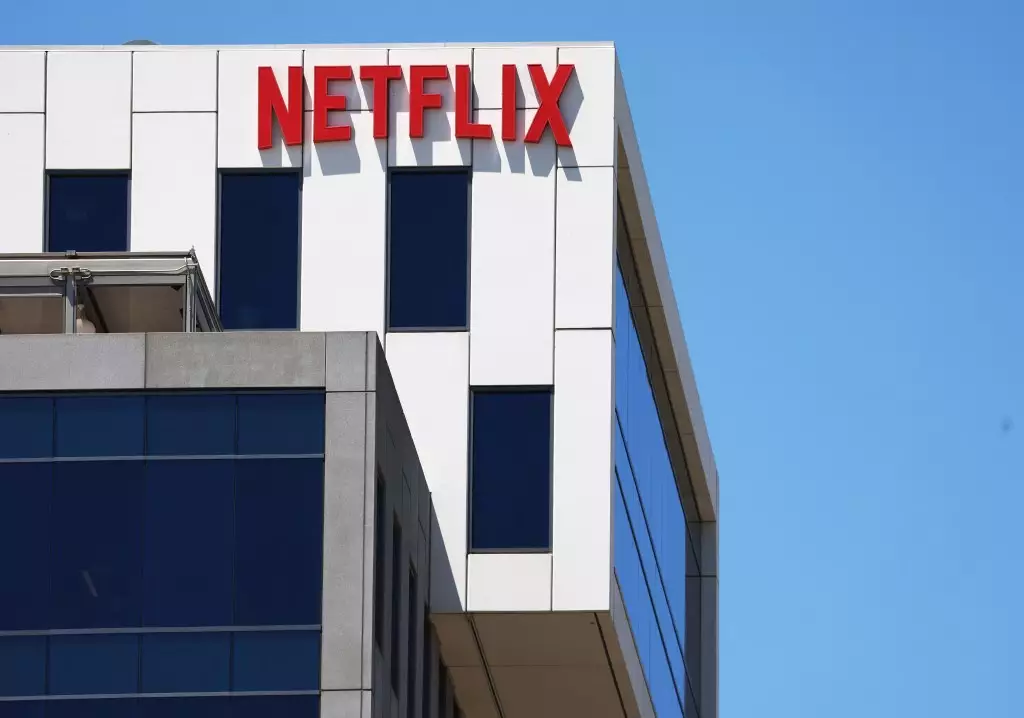In recent months, a significant shift in the way streaming platforms compensate talent has emerged as a pivotal issue in Hollywood. Discussions surrounding payment models dominated industry conversations, with major players like Netflix rethinking traditional approaches. This evolving landscape reflects not only the changing dynamics of the entertainment industry but also the broader implications for the future of creative talent.
At the heart of this transformation is an upcoming event hosted by Netflix, where eminent agents and managers will gather to delve into the intricacies of the streaming giant’s operations. Titled “Netflix Explained,” this gathering aims to demystify how the platform functions and, importantly, how it compensates those who drive its success. Reps from leading agencies, including WME, CAA, and UTA, are set to attend a breakfast event at the Tudum Theater, eager to glean insights that might pave the way for clearer and potentially more favorable payment structures for talent.
Despite the official agenda not focusing specifically on payment models, the presence of Chief Content Officer Bela Bajaria, Chief Marketing Officer Marian Lee, and Director of Title Merchandising Olivia De Carlo suggests that discussions around compensation are inevitable. Industry insiders anticipate that agents will seek answers regarding Netflix’s often opaque payment structures. The demand for greater transparency is palpable, as talent representatives strive to negotiate better terms that reflect the actual value their clients bring, particularly in an era where viewer engagement data plays an increasingly critical role.
The shift toward a more meritocratic payment model is gaining traction. By potentially rewarding talent based on the success of their projects rather than adhering to the traditional cost-plus model, Netflix might redefine how artists are paid. This method proposes a fundamental change; instead of offering significant upfront payments with minimal back-end rewards, creators could receive decreased initial fees, offset by a larger profit-sharing bonus when their work becomes a hit. An approach like this offers a dual incentive: it aligns the interests of producers with the streaming service and promotes a deeper commitment to creating quality content that resonates with audiences.
However, not all elements of this proposed payment model are without contention. Reports indicate that Netflix is considering asking top talent to reduce their fees by 20-30%, sparking apprehension among artists who rely heavily on those upfront payments to sustain their livelihoods. Despite the allure of substantial back-end bonuses, the uncertainty of success in an industry marked by fierce competition poses a significant risk for many creators. Moreover, the absence of discussions around intellectual property rights adds another layer of complexity; the prospect of talent eventually owning their work remains an unresolved issue.
Simultaneously, the entertainment landscape is saturated with increasing viewer engagement, as evidenced by Netflix’s recent semi-annual engagement report. The platform reported over 94 billion hours of content consumed in just the first half of 2024, showcasing the resilience and popularity of its programming. Shows like *Bridgerton* and *Avatar: The Last Airbender* remain fan favorites, indicating that the audience appetite for original content is robust. This vast consumption further solidifies the argument for a reevaluation of how talent is compensated, as success is empirically quantifiable now more than ever.
The trajectory of these discussions indicates that Netflix, as well as the broader industry, is entering a critical phase of adjustment. With a commitment to providing more transparency regarding performance metrics and how these relate to payments, the path forward might involve numerous trials and refinements. Industry stakeholders will need to navigate these changes carefully, ensuring that new models foster creative freedom while also safeguarding the financial well-being of artists.
As major streaming platforms, particularly Netflix, reassess their payment structures, the discussions taking place may herald a new era in talent compensation. This transformation is far from complete, yet the dialogue is essential for establishing a more equitable environment within Hollywood, where the contributions of artists are rightfully recognized and rewarded. The unfolding changes will undoubtedly shape the future of entertainment and determine how talent collaborates with services in a digital landscape that prioritizes engagement and success.


Leave a Reply